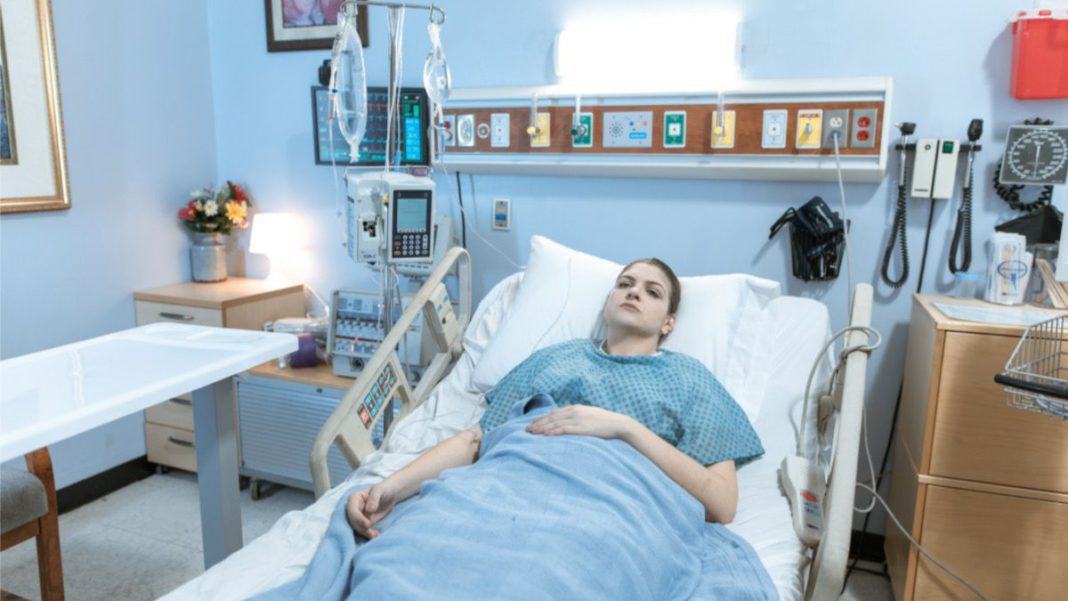UNITED STATES: There are many components that can raise women’s risk of getting cancer. Even though some risk factors, such as ageing, cannot be altered, there are things women can do to reduce their risk of developing cancer.
Some of the cancers that women are more susceptible to are breast, endometrial, lung, cervical, skin and ovarian cancers. There are two strategies, as mentioned by the US CDC, that can help you combat cancer effectively, “Sticking to a healthy lifestyle and getting routine screening tests”.
Quit smoking as soon as you can if you do. Most lung cancer is caused by cigarette smoking. Smoking is also linked with an increased incidence of a broad range of other cancers, which include cancers of the mouth and throat, oesophagus, stomach, colon, rectum, liver, pancreas, larynx, trachea, bronchus, kidney, urinary bladder, and cervix. Passive smoking by nonsmokers is harmful, too, that needs to be checked.
One should avoid UV rays as much as possible. Non-exposure to UV lights can dwindle the risk of getting skin cancer. Intake of alcohol should be limited or ceased, as some of the most common cancer types for people who consume alcohol are breast cancer, mouth cancer, liver cancer, and bowel cancer. 40% of all cancers are due to being overweight and obese. It is important to control weight.
Cancer, in its early detection, is essential for successful diagnosis. Some cancers, such as breast, cervical, and colorectal cancers, can be detected early by screening tests. The screening test is also prescribed for those who have a high risk of developing lung cancer.
Some of the best cancer-detecting strategies are mammography, that detects breast cancer early. Cervical cancer screening is an HPV test that can detect it early and help avoid its harmful effects.
Colorectal cancer screening is recommended for adults between 45 to 75 years of age. Lung cancer screening is suggested by the US Preventive Services Task Force for adults aged between 50 to 80 years prone to smoking presently or has quit in the last 15 years.
Also Read: PCOS and PCOD: Science Behind the Most Common Hormonal Disorder in Women



